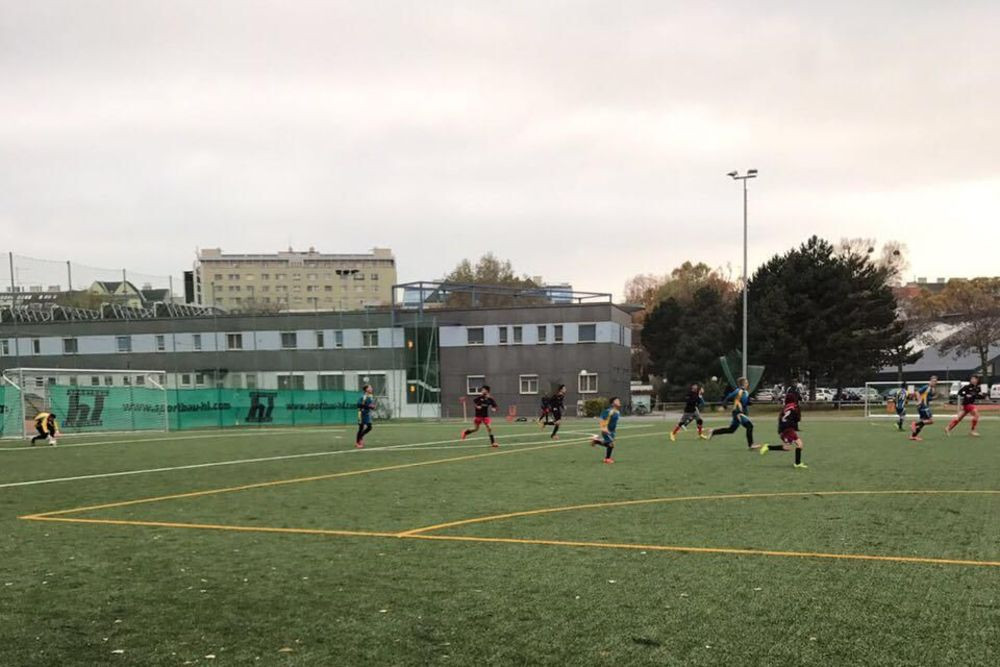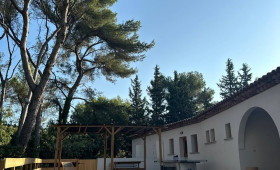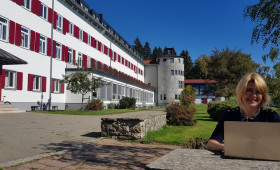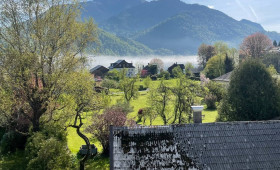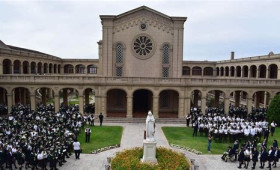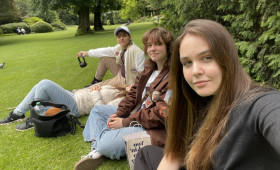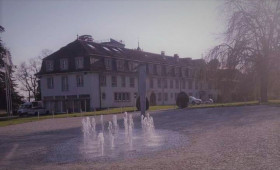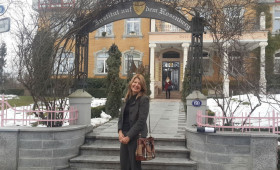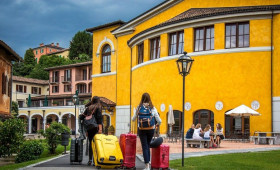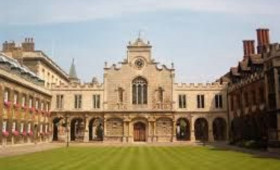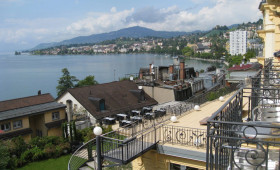THE STUDENT INTERVIEW ABOUT STUDYING AT ST GILGEN INTERNATIONAL SCHOOL
03.10.172750
Daniil entered the IB program in several schools in Europe and the family chose an Austrian school St. Gilgen International School. The selection was very thorough, as for admission all schools in Europe require the personal presence of the student in the school for the entrance tests and interviews. Many schools also offer trial days, putting prospective student to the classroom and the school residence for two days.
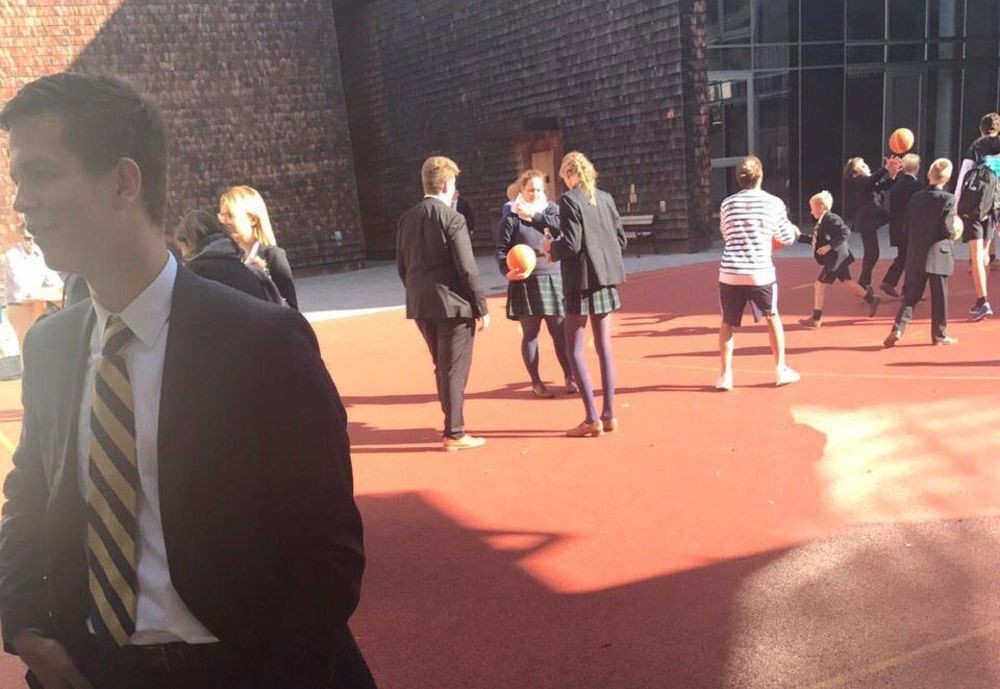
In particular, such a stay is obligatory in St. Gilgen International School. Even despite the fact the year before St. Gilgen International had a reorganization and change of ownership, which is somewhat alienated from enrolling in school new students, the family decided to continue with registration to this school, because of all schools they have seen they were most impressed with this one.
Two months after Daniil started his studying of IB course at St. Gilgen, I asked ask him to give an interview on how he likes his experience.
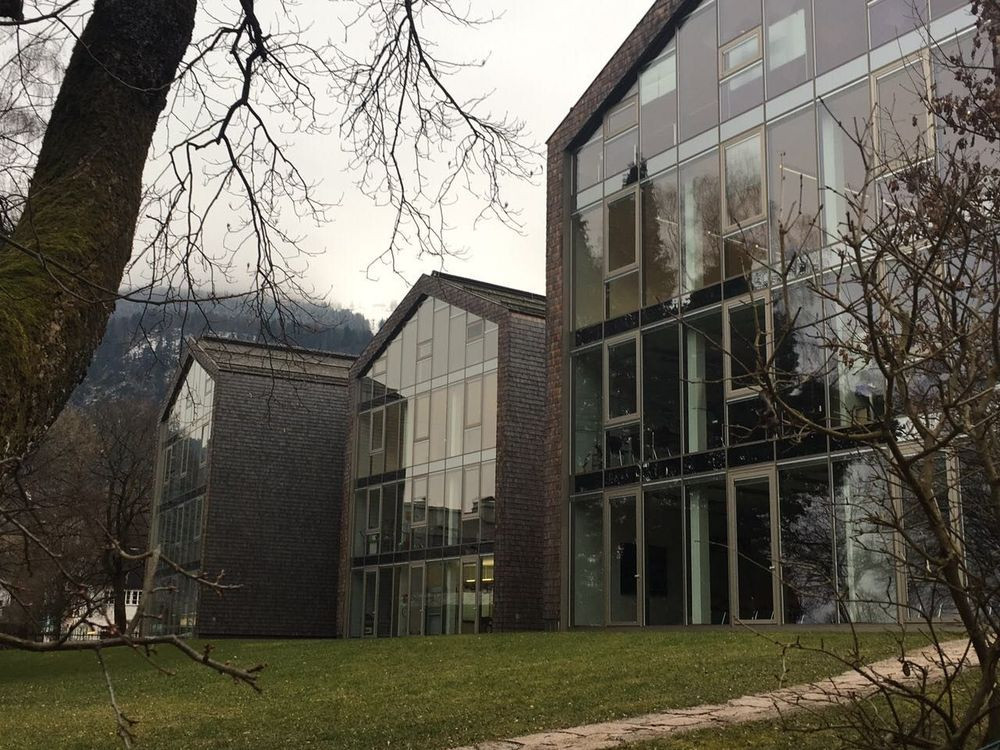
L: Tell me what your subjects are and whether it is interesting for you to study.
D: I'm studying the ones that I have chosen at the time of admission. When we started, we were told that if some subjects do not fit, they could be changed, but only after a few weeks of the beginning of academic year. I haven’t changed any subject, I think the choice was done very well. That's only Math that I was initially on the high level, and it was beyond me, so I switched to standard and took Economy on a high level instead.
I have now at a high level English (but without studying literature), Economics and Politics, and at standard level I have Mathematics, Chemistry and Russian. Studying here is very interesting, and subjects are different from ones in my school in Kiev, and taught quite differently. My progress is good in all subjects, just Politics is quite difficult yet, but hopefully that will be better soon, I need to get used. I plan to enter the faculties of Economics and business. In school, we are now only 127 students, with 28 students studying in 11th grade.
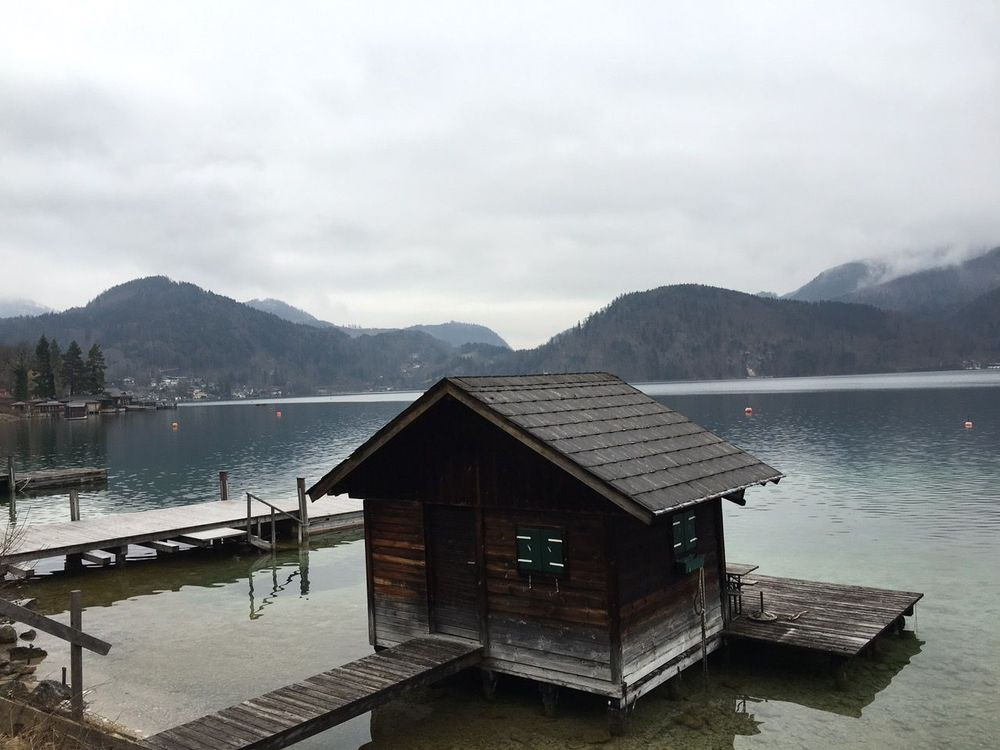
Classes are small, since each student has different subjects. Besides, if you have a high level you are in separate group from standard. We have the biggest class in Math - 11 students study Math on standard level. While the chemistry there are only 3, but those who study science at a high level – they are in groups of 10-14 people.
It is very interesting to study Sciences here. Each lesson we do experiments. I recommend this school to those who are interested in Chemistry, Physics and Biology. It is interesting to study them here and you can achieve a lot.
There are only 2 students study Russian language, me and my neighbor who is Italian. There is no Russian teacher yet, Russian has self-study option: we were given to read 10 works over the year and have to write a work at 1000 words for each of them. While have to give our assignments to read to a teacher who knows Russian, but she's a Polish girl. Next trimester we are promised to get Russian teacher from Salzburg, who will test our works and come to us once a week.
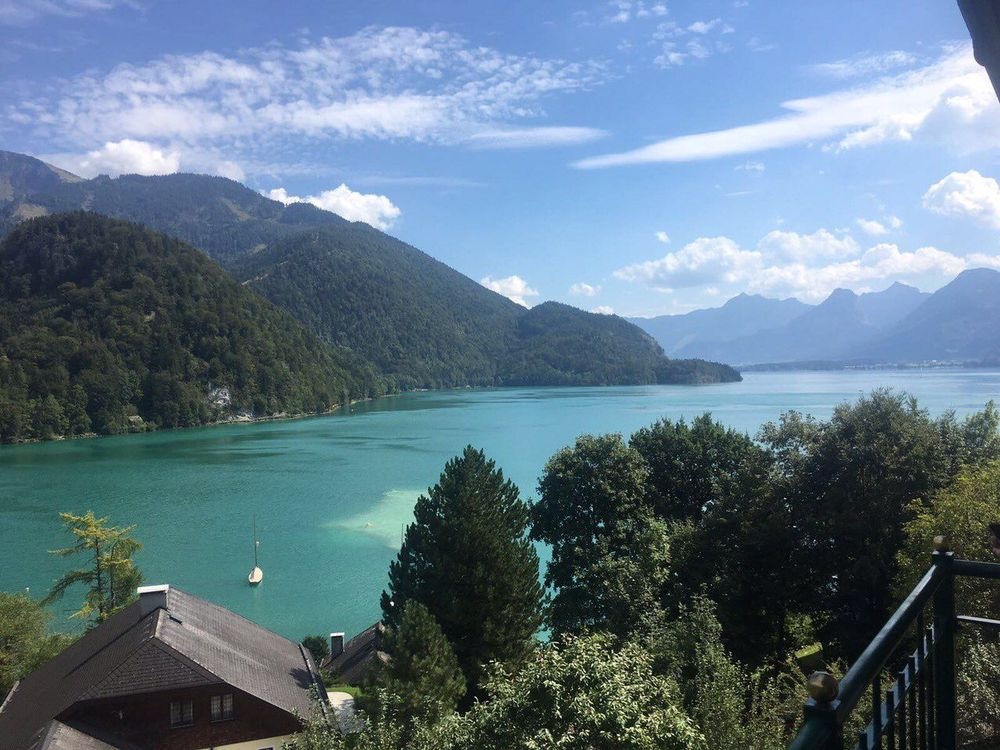
L: So, there are no more Russian students in the school? Why did you chose Russian?
D: Russian-speaking students is the largest group of international students here. Just not many choose to study Russian language, as it is possible to take any. Many take German, but I've not studied German before and do not have enough time to pass the final exam with a good result.
More than half of the students in the school are the Austrians who live in the region. Some of them study as day students, going home at night. Those students whose families live within a couple of hours away live at school from Sunday to Friday and on weekend stay with their families. Last year the school had about 200 people, but due to a reorganization of ownership, some students left the school and got a few new ones. However, the situation is improving; they say that in the winter term the school receives new students.
L: Daniil, do you like the accommodations, food, what do you do on weekend?
D: I do like everything here. However, there are certain issues with the accommodation for the boys. This year school closed one house for boys for reconstruction and all the boys gathered in one house. Therefore, we all live in rooms for two. The girls have two houses, almost all girls live on single, only the youngest live in doubles. The houses are not divided by age, in each home houses there are children from 11 to 18 years, divided only by gender. They promise to finish reconstruction until the end of the school year, then we each have our own room.
We have good organization of meals: breakfast and dinner served in the house where we live on the first floor of each house that has its own dining room. For this, each week school assign a duty group of 8-9 students. One week on duty in the kitchen, then 4 weeks off. The one on the duty must come earlier to serve breakfast or distribute selected portions of dinner delivered from the restaurant and, after dinner to load dishes into the machine, then remove and lay on the shelves. For lunch we go to one of the two restaurants: Monday and Tuesday at one restaurant, Wednesday-Thursday-Friday - in the other. On weekends, lunch is also delivered to the house. The food is tasty. In addition, during the lunch break we go to a nearby café, where a cup of coffee and a croissant cost three euros and it is a nice change of atmosphere.
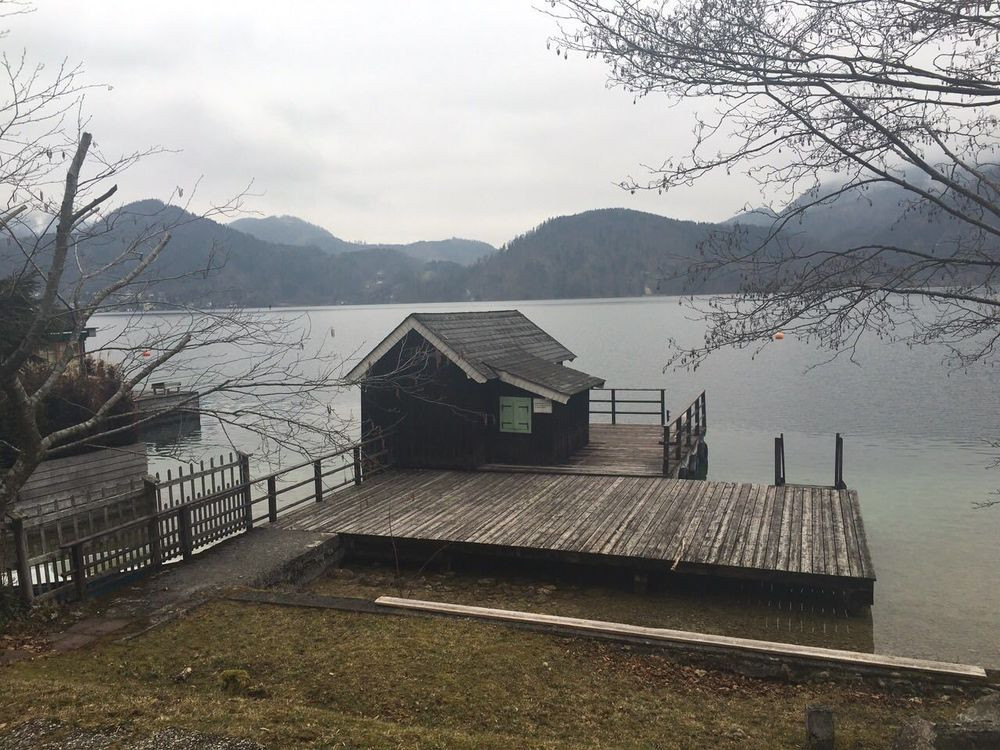
L: Tell me about your day at the school.
D: We get up at 7 in the morning and have a quick breakfast. If I'm not on duty, I am back to my room and can rest for half an hour, but by 8 have to be in class. In the morning we have two lessons of 50 minutes each and then at 9:45 meeting with a mentor. Each mentor has 7 students. He meets the group to discuss our study. Each tells of the difficulties he face in the classroom, mentor advises, what it is better to do, discuss academic performance. From 10:00 to 10:30 we have a break. Everyone goes to a nearby cafe for a second breakfast. Then we have three more classes and at 13:00 we have lunch at one of the restaurants of the village, which works with the school. From 14:00 to 15:45 there are two lessons. Then we have time to change and everyone goes to their activities: sport, theatre, music. At 18:00 we come to the house where we have dinner and from 19:00 to 21:00 is time for homework. High school students doing it in their rooms and students of grades 6-th to 9-th do homework in the hall on the first floor under the supervision of the teacher.
On Saturday and Sunday the house is half empty, Austrians leave to stay home. Those who live on 7-day boarding can go to Salzburg or take part in sports and leisure activities organized by the school.
L: and finally, tell me how is this school different from your school at home.
D: I feel here differently, much older and more independent.
I like that no one here criticize me. Communication is on the same level. On the one hand, this is difficult, as at the Ukrainian school if the teacher criticize you for something then he offers to help. Here the teachers will not offer you help and will not explain anything until you ask. On the other hand, it is motivating that you considered as an adult. I understand that I am responsible for my success. If I require more knowledge than I have received in the classroom, I either look for information or getting through a certain procedure, I can get extra work with the teacher. However, I need to know what I need and why I want it.
